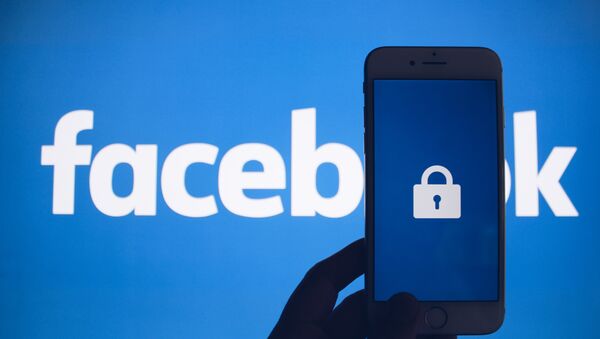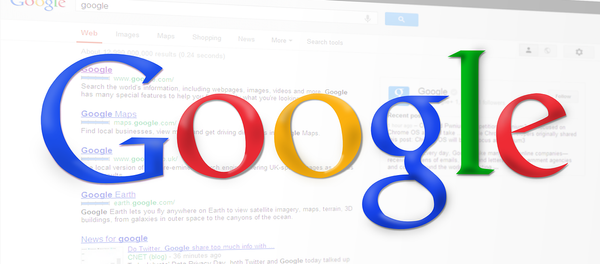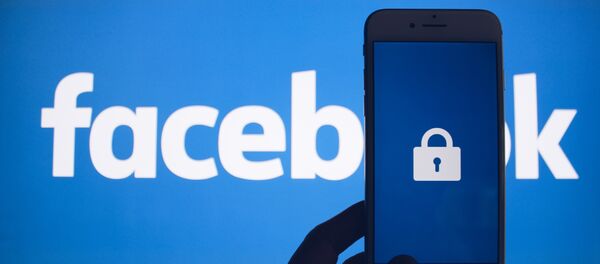Sputnik: This is not the first time the EU is trying to impose restrictions on US-based companies. In January, France fined Google €50 million for GDPR violations and now EU lawmakers are trying to make Google and Facebook pay publishers for news snippets. Considering this, how will US-EU relations develop in the near future?
Kevin Curran: US-EU relations can indeed deteriorate in the future should the US government be inclined to react. Sane people however would observe that sanctions which have been imposed on the giants of the Internet to date e.g. Facebook, Google, Microsoft have been due to their failings to adhere to proper practices. The fact that they are all US based is simply a matter of circumstance. Yes, the US can attempt to retaliate in some form with equivalent fines or sanctions on EU companies but the Internet giants also recognise the importance of the EU market which contains a significant fraction of the highest GDP countries.
Kevin Curran: EU lawmakers have paid attention predominantly to companies like Facebook and Google due to their dominance with the EU with their wide ranging services such as Facebook, Instagram, WhatsApp, Search and platforms like Chrome and Android.
Even members of the US Congress have voiced the possibility of regulating Facebook. Mark Zuckerberg said a number of times that he is not against the idea of Facebook being regulated, and pledged to work with policymakers on proposed rules. Zuckerberg has also said "The real question, as the internet becomes more important in people's lives, is what is the right regulation, not whether there should be or not." He also voiced Facebook's support for digital-advertising regulations that proposes online advertising be regulated the same way print, TV & radio ads are.
A major concern that Facebook have to deal with is adherence to the new General Data Protection Regulation (GDPR) which seeks to give control to EU residents over their personal data and to simplify the regulatory environment for international business by unifying the regulation within the EU. Facebook have already changed their terms of service which previously agreed with the company's international headquarters in Ireland to now come under US privacy law which is less strict. It remains to be seen if this will work.
There are therefore a number of issues which Facebook need to consider to comply with the GDPR's data protection principles. They need to let users know how their personal data is used. They need to explain the lawful basis for processing the data, & their data retention periods. They must provide a means for users to download their data and transfer it to third parties. They must provide a clean way for users to have their data deleted and corrected. They can no longer use 'dark design patterns' to trick users into consent. Now, consent must be freely given, specific, informed and unambiguous. There must be a positive opt-in consent. They need to be particularly careful with collecting data from children younger than 16. Here parental permission is necessary. They also must report certain types of data breach to the ICO, and sometimes to individuals within 72 hours. They are in danger of regulation if Facebook are not adhering to the spirit of GDPR. These regulations are sensible and welcome and not there to stifle innovation but rather protect mankind from nefarious underhanded manipulation of personally identifiable information. Facebook have an opportunity to show that they can self-regulate.
Kevin Curran: It is likely that this initiative will be adopted. On paper, it is as sensible approach as you can devise at this moment in time to ensure more equitable payment to the creators of works.
Yes, there are problems for Internet companies to remove illegal content using automatic filters. Google and other online platforms will have to sign licensing agreements with rights holders such as artists, musicians, performers, authors, news publishers and journalists. The sharing platforms will also have to install upload filters to prevent users from uploading copyrighted materials.
Sputnik: Can Google or Facebook regard this as a restriction on freedom of speech and file lawsuits, for example, in European courts?
Kevin Curran: Google and Facebook have actually argued in the past that the need for them to pay news publishers for instance for snippets and previews of articles will result in less news being visible through their platforms. They have said they will have to create new commercial licences with publishers to show hyperlinks and news snippets and this will favour the larger news organisations.
They claim that more than 80,000 news publishers globally appear in Google News, but this new legislation will radically reduce that number of news sources.
Kevin Curran: OK. There are difficulties of course in signing new partnerships but in the case of Google for instance, they already do this with YouTube creators. Ultimately, this has to be done to prevent copyright abuse and at this time, the Internet giants win as they freely display copyrighted material which enhances their platforms while the creators do not get paid.
Filters are used by most of them to discriminate for instance on sensitive images, hate speech, porn videos etc so there is not an issue from a technical issue where a copyright holder can prove ownership of their material.
Technically, this can be done but of course it will cost. It will cost to implement it and it will cost them in the future as they will have to remunerate copyright holders. Yes, it will cost them and of course that is why they oppose it.
The views and opinions expressed by the speaker do not necessarily reflect those of Sputnik.




